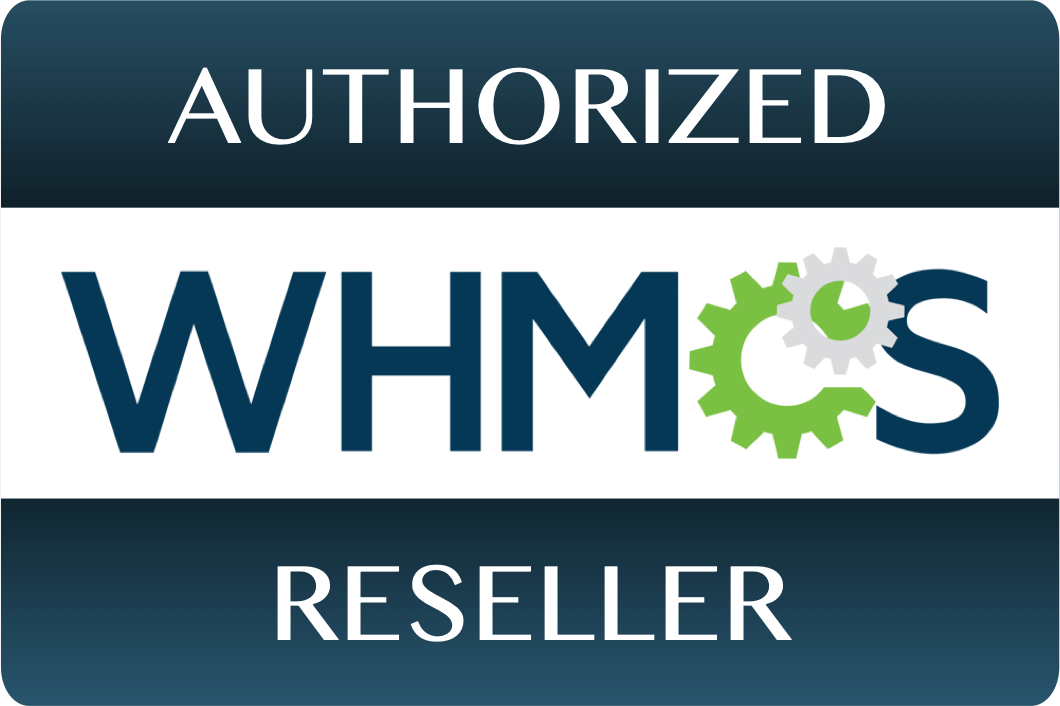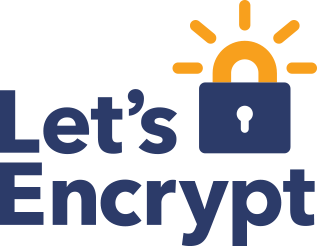Malicious web traffic continues to run rampant across the web, filling website bandwidth with bot-clicks from China, Brazil, Russia, and other countries. Web-robots, software applications that execute tasks over the Internet, account for much of this traffic, making targeted sites vulnerable to hacking, fake accounts being made, click-frauds, and other security issues. As such, cyber security is becoming a rising concern for web-admins, whether you run a blog, small business site, or national enterprise; in fact, cyber security is a front every business owner should probably heed. That’s why geo-restrictions exist.
Consider this, why would someone at Beijing want to create an account with your Denver-based catering business? Let’s say you own a small business which you operate from a website and company email within the United States, and you have no incentive to do business overseas, so there’s no reason why you’d need to have your website open to the whole world. Let’s suppose that malicious web traffic tends to originate from countries like India or China. Geographically speaking, these countries have been blacklisted by Internet security inquires as the sources for spam bots, hackers, denial of services attacks, and bot-created accounts. Not only do these pose a security risk for you and your site, but potentially for your clients. Malicious web traffic is a means to an end: the bad guys want to get money and/or data. Most web hosting companies don’t offer this feature as part of how you manage your site. Luckily, ASPnix is now offering geo-restrictions as a FREE module, found in your Windows Control Panel (this feature will not apply to Linux shared hosting).
[singlepic id=86]
To activate it follow the steps:
- Login to our control panel system
- Select your website
- Select the Geo Restrictions tab
- Check the “Enabled” option
- Select the countries you’d like to block
For more information about this module – Please review our knowledgebase article.
By blocking the traffic coming from a country or set of countries, you can minimize security risks, thus the new module can act as an instant security feature.
Not everybody in the world has to have access to your site or even know what your email is. If you’ve ever had your credit card number stolen, then you’ve probably been the victim of a cyber fraud, so you can imagine the consequences if your business’ web infrastructure is comprised, and your customers’ data stolen by hackers. So consider geo-restricting countries you’re unlikely to have any business with, now that ASPnix is now extending this new IIS module to its customers at no additional charge.
If you have any questions, contact our Windows Cloud Hosting support department.









I like the feature. But how about proxies? Many malicious visitors tend to use proxies to hide their whereabouts.
@Jeroen Feelders,
Proxies would be a great addition! Unfortunately the database system would require .Net 4.0 which would limit the use to only those that have .Net 4.0 enabled for their sites. Those who rely on .Net 2.0 – 3.5 would not be able to use the module.
If we do eventually offer the module, it would not most likely not be a free addon due to the cost of the database.